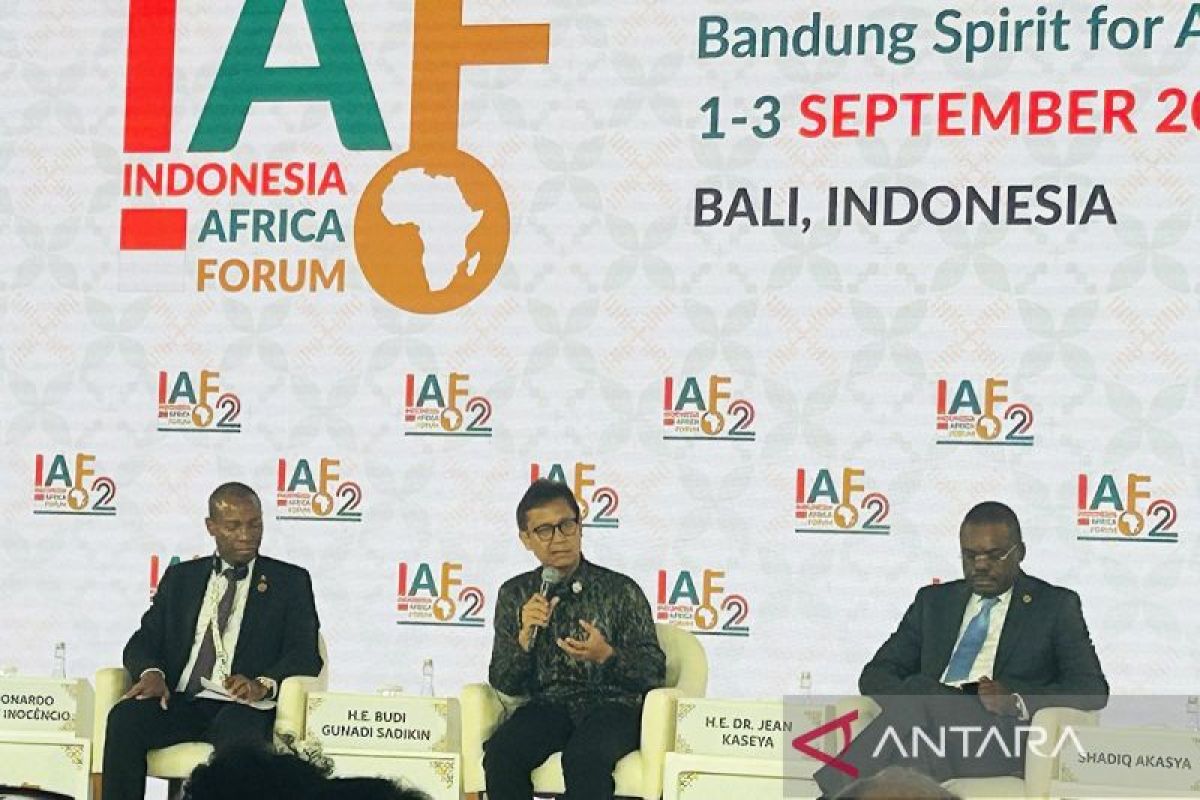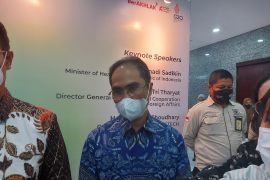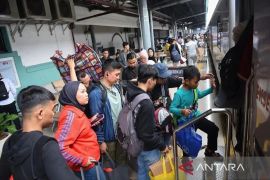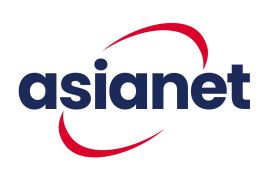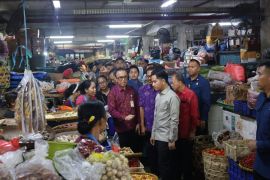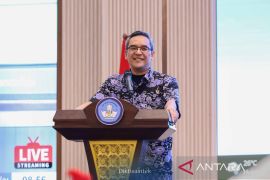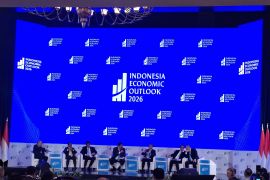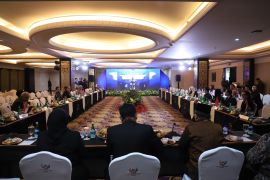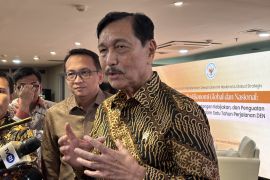Physical health greatly affects daily life. Organ failure may impact the function or system of other organs.
Vaccination is one of the efforts to be pursued in order to stay healthy and also to prevent diseases with high risk of mortality.
Vaccination is given in the form of a substance or compound containing a dead or weakened virus or bacteria.
Vaccination works to form the body's immune system. It is one of the cheapest health investments with its ability to prevent and reduce the number of illnesses, disabilities, and deaths due to a disease.
In Indonesia, mandatory immunization is through a government program that provides complete doses of several types of vaccines for free for children from birth.
Some 11 types of mandatory vaccines are administered according to the child’s age with the schedule determined by the government. Hepatitis B, Polio, BCG, Measles, Rubella, and DPT-HB-HiB vaccinations, among others, are mandatory.
Emphasizing the importance of providing immunization as an investment for a healthy Indonesian society as well as provisions towards realizing Advanced Indonesia in 2045, Health Minister Budi Gunadi Sadikin in 2022 added three other mandatory immunizations, namely the Pneumococcal Conjugate Vaccine (PCV), Rotavirus vaccine, and Human Papilloma Virus (HPV) vaccine.
Related news: Indonesia signs MoUs to boost Sudan, Zimbabwe health sectors
Reflecting on the pandemic
The World Health Organization (WHO) reported that mortality due to the COVID-19 pandemic reached 7,059,612 people worldwide. The virus, which is generally spread through droplets, has changed the world to adopt policies for people to maintain distance by limiting movement.
The spread is being suppressed by requiring people to implement health protocols, from wearing masks to regularly cleaning hands using disinfectants, washing hands with soap, and rinsing with running water.
Testing and contact tracing were also being conducted to detect the spread of the virus, including increasing the capacity of intensive care facilities in hospitals. However, due to its rapid transmission, the disease, which was first detected in Wuhan, China, in December 2019, forced the world to rush to formulate the COVID-19 vaccine.
Reflecting on the efforts to overcome COVID-19, Minister Sadikin drew attention to the importance of the capacity to overcome the potential war against pathogens at the 2nd Indonesia-Africa Forum (IAF) Panel Discussion held in Badung, Bali, on September 3.
He stated that pathogens, or biological agents causing disease in their hosts, can travel across places, regions, or cities, similar to the COVID-19 pandemic.
He remarked that a pandemic is a global threat, and it is beyond any single person's capacity to protect his or her country from the dangers of a pandemic.
"When a pandemic occurs, everyone will be affected equally, regardless of race, country, both developing and developed countries. Therefore, it is very important for all countries to have the same level of protection," the minister emphasized.
Learning from the COVID-19 pandemic, Indonesia has in place the SATUSEHAT application that connects information systems from all of its digital health ecosystems. Patients are not required to bring along their medical records while moving to healthcare facilities.
The application, which has been downloaded by 130 million Indonesians, is also one of the health investments prepared by the government. Through the health examination data in the application, medical personnel can determine the intervention steps needed by a patient.
As many as 10 thousand health centers have also been strengthened to diagnose diseases, including through the provision of PCR machines.
Indonesia is also developing 514 public health laboratories with genome sequencing and PCR testing capabilities.
In line with this, Sudanese Health Minister Haitham Mohamed Ibrahim emphasized the importance of access to immunization, vaccination, and protection for public health in any part of the world. Protecting one country means protecting the entire world.
“Regardless of the country's economic capacity to purchase vaccines, it is the responsibility of the entire world to ensure that all populations in the world are protected from epidemics and outbreaks," he stated at the IAF.
Related news: Indonesia inks health investment deals worth US$94.1 mln at IAF
Vaccination and Mpox
Apart from screening by health examination that includes measuring weight, height, and blood pressure as well as conducting blood sugar testing, health investment through vaccination should not be forgotten.
Although vaccination is prioritized for vulnerable groups in certain circumstances and diseases, it is actually the right of every human being. However, the obstacles faced in getting access to vaccines are not only in the form of the financial ability to purchase them but also their availability.
In mid-August, the World Health Organization (WHO) declared monkeypox, or Mpox, as a Public Health Emergency of International Concern in several countries in Africa, including the Democratic Republic of the Congo (DRC).
Director General of Africa Centres for Disease Control and Prevention (Africa-CDC), Jean Kaseya, stated at the IAF that his side is leading the health agenda for 1.4 billion people in Africa through various studies and approaches to stop the outbreak and help save human lives.
He has spent 80 percent of his time fighting Mpox, which is spreading in Africa. He stated that the Africa CDC had taken the initiative to declare Mpox as a health emergency before WHO.
Kaseya remarked that Africa considered clinical trials, research, and development to be very important. Africa CDC itself is preparing a continental repository platform as an integrated service center for everyone.
Moreover, his side is expanding cooperation with Indonesia through assistance in the form of provision of tools, such as 30 Molecular Rapid Test (TCM) machines along with 12 thousand reagents, and the transfer of knowledge.
Indonesia and Africa have agreed to invest in health cooperation through vaccination. Minister Sadikin promised Africa CDC to provide five thousand doses of the Mpox vaccine planned to be purchased from the vaccine manufacturer since Indonesia is not yet in a position to produce it.
Related news: Indonesia to send monkeypox vaccine doses to Africa as diplomatic move
Translator: Kuntum Khaira R, Resinta Sulistiyandari
Editor: Yuni Arisandy Sinaga
Copyright © ANTARA 2024
